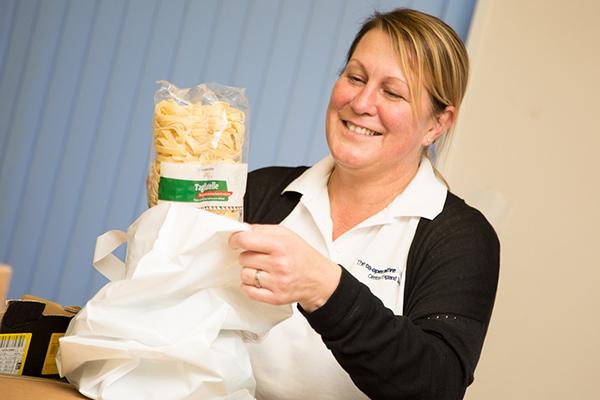Council tax pays for vital local services provided by Lichfield District Council, Staffordshire County Council, the police, fire and parish councils - find out more.
Unless you are exempt for any reason, or entitled to a reduction on your bill, you are legally required to pay council tax - find out more about discounts and exemptions.

Cost of living support
Visit our cost of living section to find hints and tips on financial support, foodbanks, energy advice, free period support and more!
Lots of local help available

